Politics and the Media by Former Local Bureau Announcer Who Made a Wave with “Haribote”
The Naked Mura," a film depicting the behind-the-scenes of Ishikawa Prefecture's first change of government in 28 years, is attracting attention.
Already on his second day at his new home, Ishikawa TV, Yukio Iokibe (44) encountered his “next enemy,” he said.
I saw a strange scene at the Ishikawa Prefectural Office, which I visited for an interview. At the time, the prefectural government was headed by Governor Masanori Tanimoto, who was in his 27th year of his seventh term and the longest-serving governor in office. The excessive discovery of the governor by prefectural staff and their bare wariness of the media seemed like a strange sight to me, coming from another prefecture. My colleagues, however, did not find it particularly strange. This was the starting point for the film “The Naked Village.
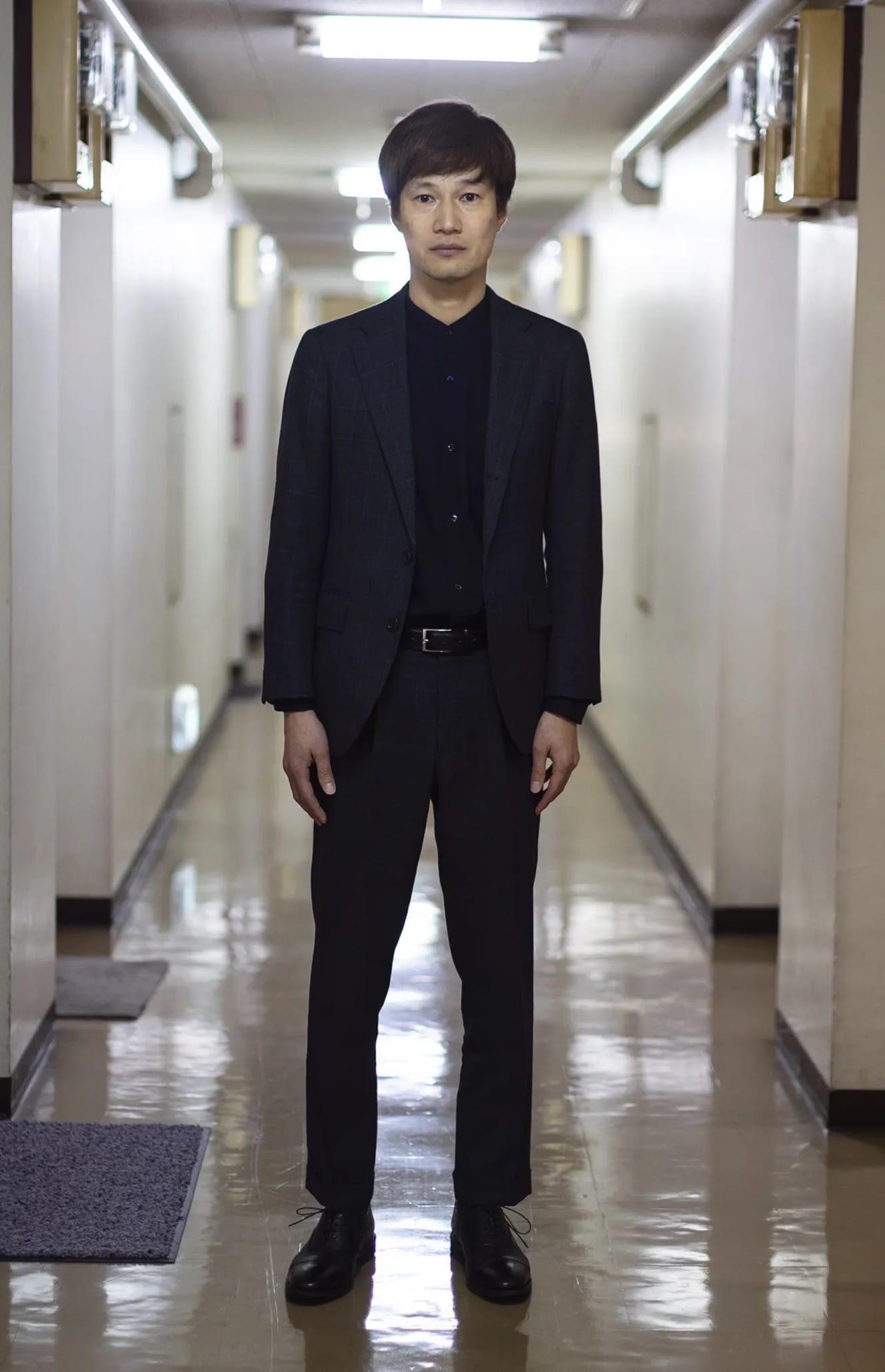
What made Mr. Iokibe famous was his previous work, “Haribote,” a comedic depiction of the Toyama City Council’s improper receipt of political activity fees. The film, which exposed the emptiness of politics and the media, was an unprecedented hit. The documentary, which originated on Tulip Television, a local station, was distributed worldwide on Amazon Prime Video, which also became a hot topic of conversation.
Mr. Iokibe participated in the film as an anchor and reporter. He directed the film adaptation, but left Tulip Television in March 2008, just before the release of “Haribote. In the last scene of the film, Mr. Iokibe tearfully resigns, saying, “I want Tulip Television to return to a legitimate news organization,” which led to suspicions of pressure from the Toyama City Council, but Mr. Iokibe denies any such pressure.
However, management stopped the program, which had been reporting harshly on the Toyama prefectural government on other subjects. We could no longer do what we wanted to do. There were a lot of transfers and retirements, and only two people from the news department who worked on ‘Haribote’ were left. As a businessman myself, I had the option of following management policy, but in terms of expressing myself, that choice meant death.”
Iokibe’s next battlefield was Ishikawa Television, where he chose to continue his fight.
In “The Naked Mura,” Iokibe also conducted long-term interviews with Muslim families who had been pushed out of the mura society of the prefectural government, as well as with vanlaifa (people living in cars) families who were doing what they wanted to do within the mura society. The film depicts the essence and constancy of Japan’s mura society by incorporating and contrasting the perspectives of ordinary people. While interviewing both families, unexpected facts were uncovered, and Mr. Iokibe emphasizes that “this unpredictability is the greatest appeal and potential of documentaries.
Until now, documentaries were considered an unprofitable business, but in the world of distribution, including Netflix, it has become a viable business. Netflix and other distribution services have made it possible for documentaries, which were previously considered an unprofitable business, to become a viable business. I proposed to the company to make a film of ‘Haribote’ as a way for local stations to survive. What I was conscious of was to put a comedic touch to it. In Japan, political documentaries tend to be stiff, and people tend to avoid them because they are “boasts of being a reporter. By making it a comedy, including ourselves, we hoped that young people who have never seen documentaries would watch it.
The reality of the mura society, which has pretended to ignore the situation even though it knew it was wrong. This is not limited to the Ishikawa Prefectural Government.
Ishikawa Prefectural Government is a microcosm of Japan. The same is true for the Tokyo Olympics. The media and the public are swept along when those in power create a mood that says, ‘Let’s make the Olympics as exciting as the Coronas. The same is true of the state funeral of former Prime Minister Shinzo Abe. The process and cost of holding the funeral were supposed to have been the issue, but after the eulogy by Suga Yoshihide (73), it was turned into a moving story. As I looked at the role played by television and the wide-screen shows, I thought it was truly a ‘naked mura.
By continuing to fight for the survival of the local bureaus and to protect his pride as a TV personality, Mr. Iokibe succeeded in making visible the “tenuous relationship between politics and the media.
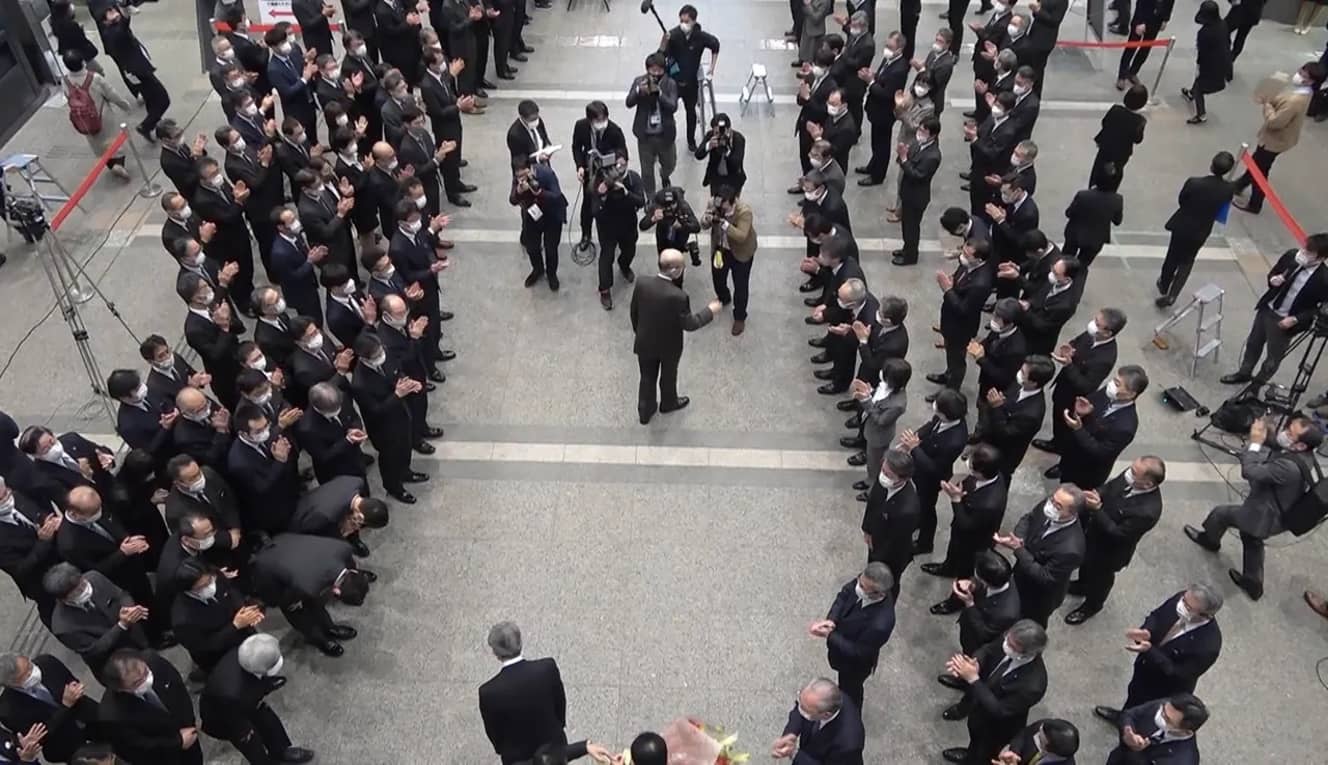
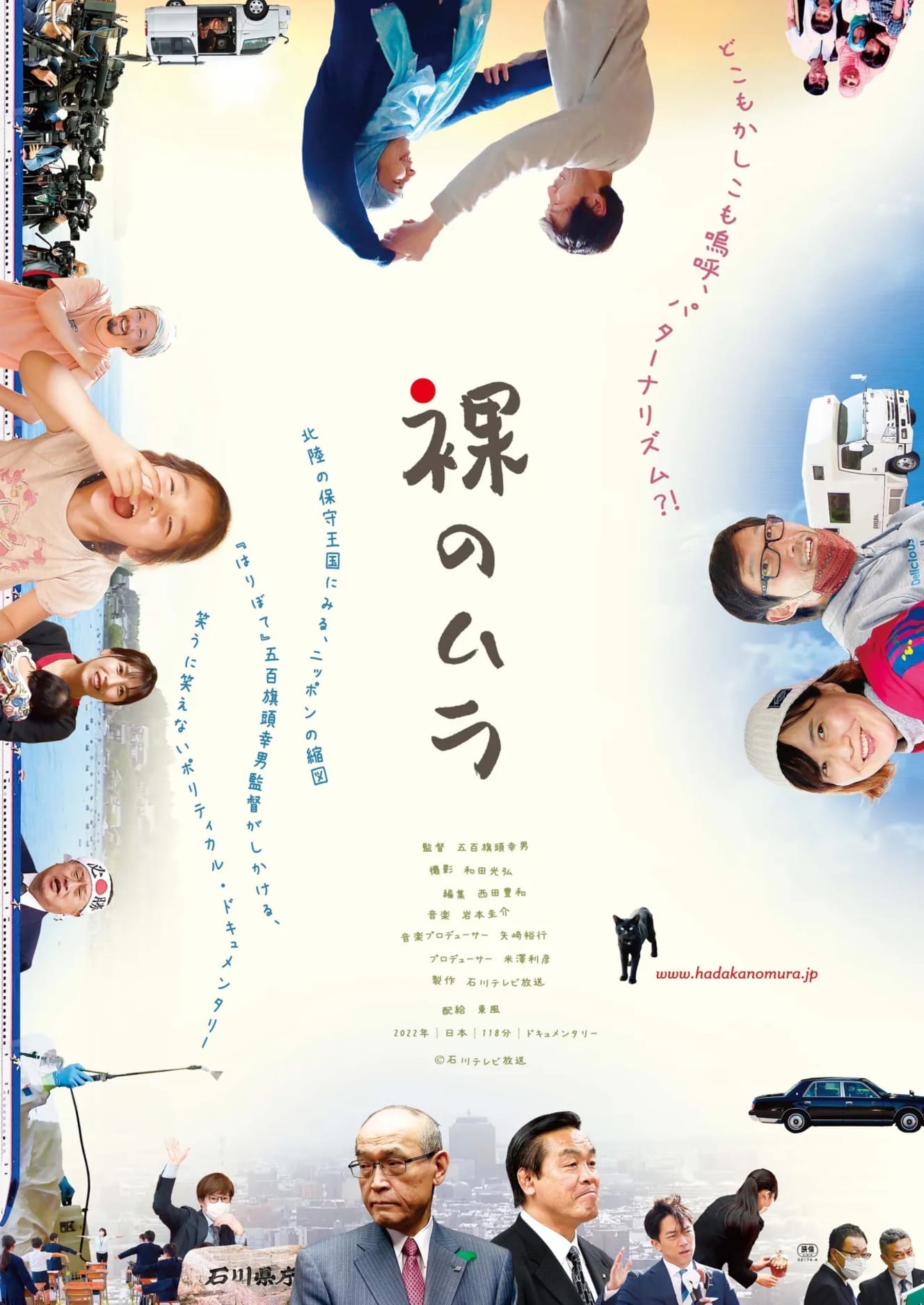
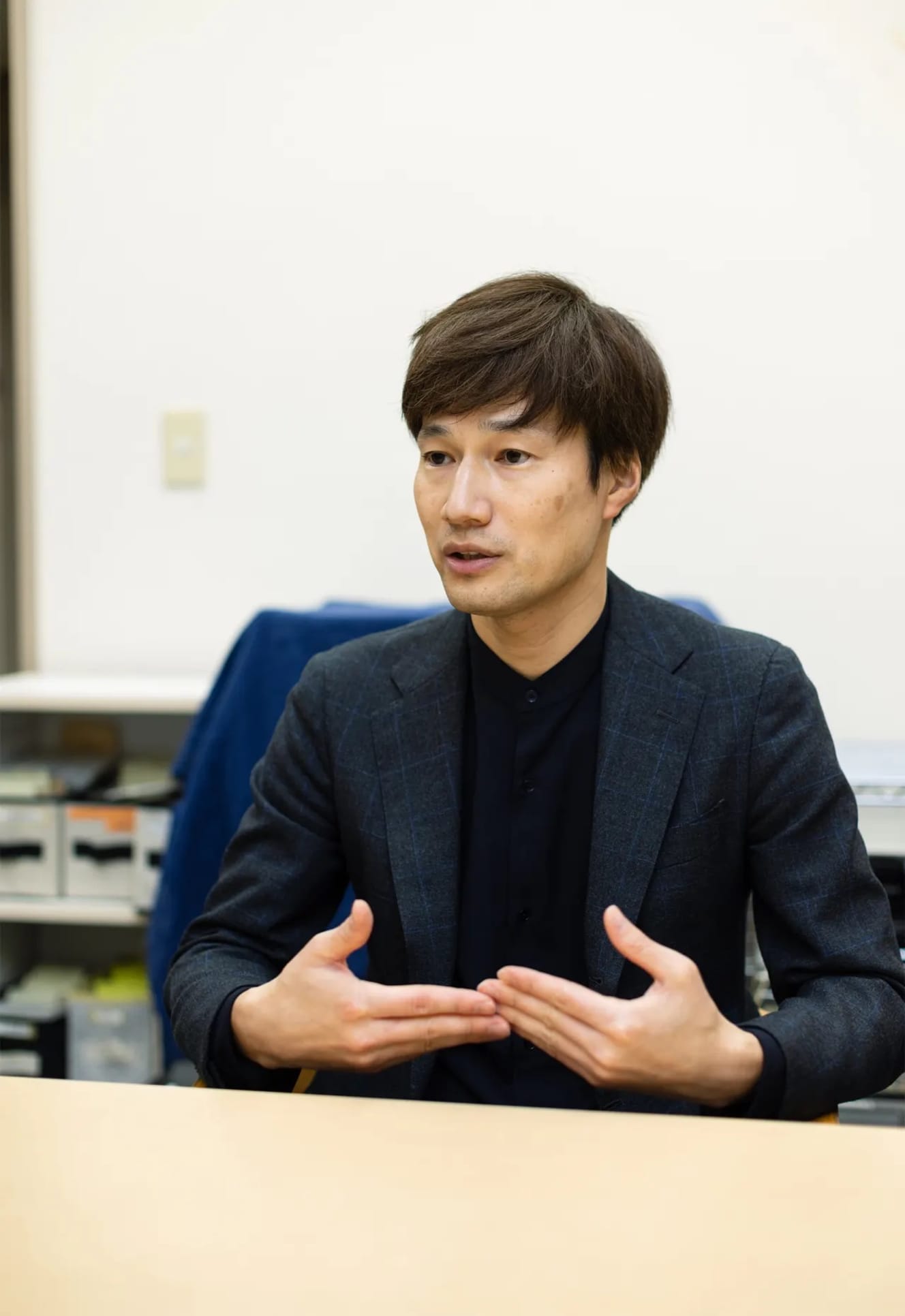
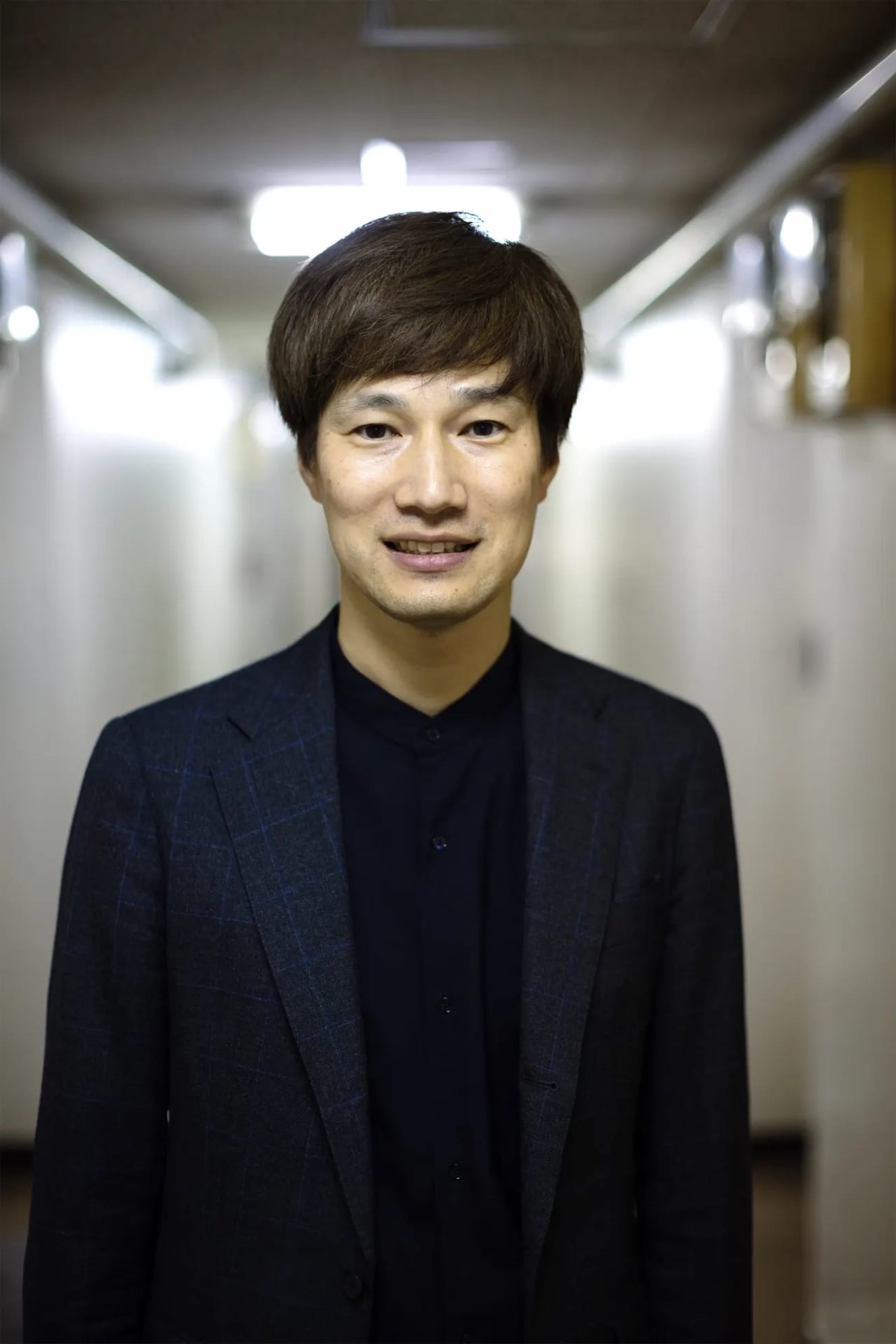
From theNovember18, 2022issue ofFRIDAY
PHOTO: Hiroyuki Komatsu (1st) Ishikawa Television Broadcasting Co.